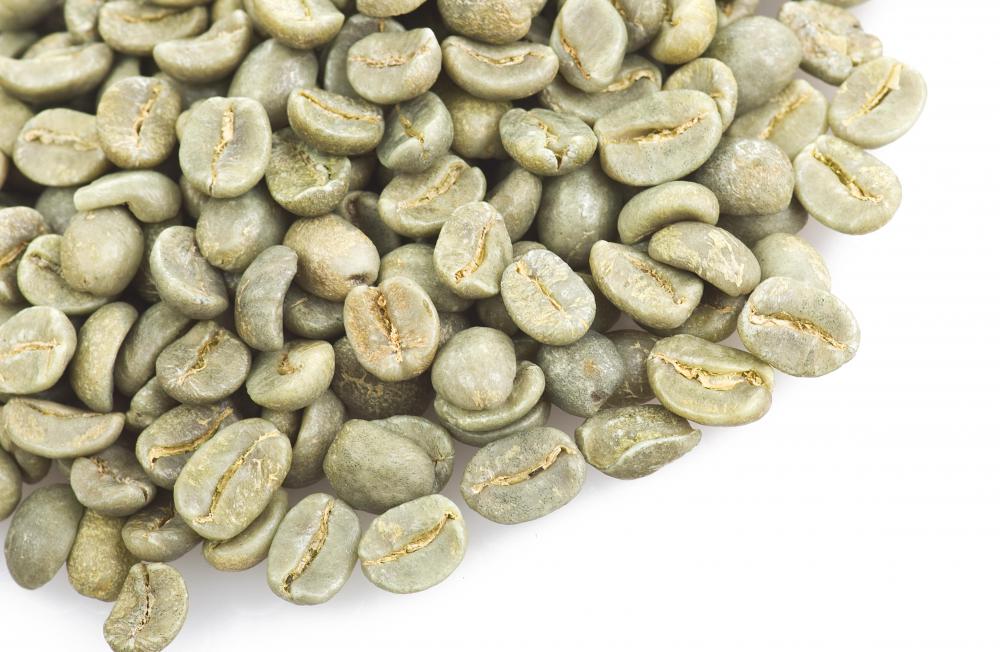At WiseGEEK, we're committed to delivering accurate, trustworthy information. Our expert-authored content is rigorously fact-checked and sourced from credible authorities. Discover how we uphold the highest standards in providing you with reliable knowledge.
What is Specialty Coffee?
Specialty coffee can be defined as a coffee bean that has passed specific grading tests and brews without faults. First used in 1978, by Erna Knutsen, a founder of the Specialty Coffee Association of America, the term is often applied to coffees with a distinctive taste or growing location. In order to be defined as a specialty product, the bean often passes through several stages on its way to the coffee cup.
The first stage of coffee bean designation is determining potential. Potential is often derived from the choices made before the bean is planted. Certain coffee beans grow perfectly in a given microclimate or soil, and grow poorly in other situations. The coffee may also have a lineage or husbandry that helps the grower to choose the best bean for a given area.

Coffee beans are actually the seed of what is called a coffee cherry. These tiny fruit are rarely eaten because they are tough and bitter, but are valued for this seed. Coffee cherries must be picked when fully ripened, in order for the bean inside to maintain the quality needed to be termed a specialty coffee. If the cherry is picked too early or preserved incorrectly, the bean may not live up to the expected potential and lose the specialty coffee grading.

Preserving bean potential after the cherry has been removed from the plant is key to delivering a specialty coffee. The time between harvesting and delivery to the plant where the bean will be milled should be the shortest possible. The longer the interim period of time, the less likely the bean will live up to its potential.
The final quality of the coffee depends greatly on the processing of the bean. The cherry skin and pulp need to be removed without harming the coffee seed inside. It then needs to be dried before roasting. The drying process should dry the bean evenly and completely in order to preserve quality.

This green coffee bean is then typically delivered to the coffee roaster, who will often note the lineage, soil conditions during growth, and the microclimate before choosing the proper roast. Each type of bean can have a different roasting time, depending on these factors. After roasting is complete, the coffee will often undergo one final test, tasting. This test requires a coffee maker and a coffee mug.

Brewing specialty coffee is the true test of the entire process from potential to cup. Properly brewed, the specialty coffee will have a unique taste, unlike that of a standard coffee bean. Any imperfections in taste or feel on the palette may cause the bean to be removed from the specialty coffee category.
AS FEATURED ON:
AS FEATURED ON:














Discuss this Article
Post your comments